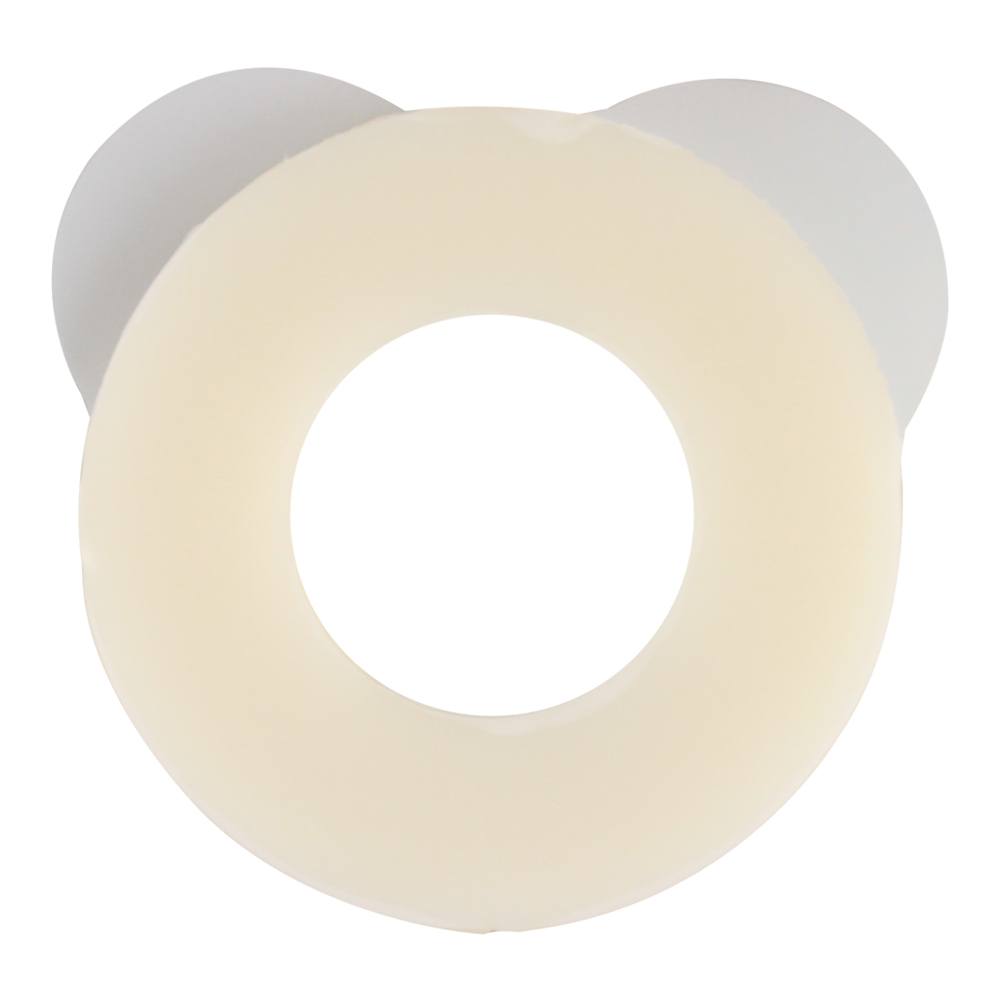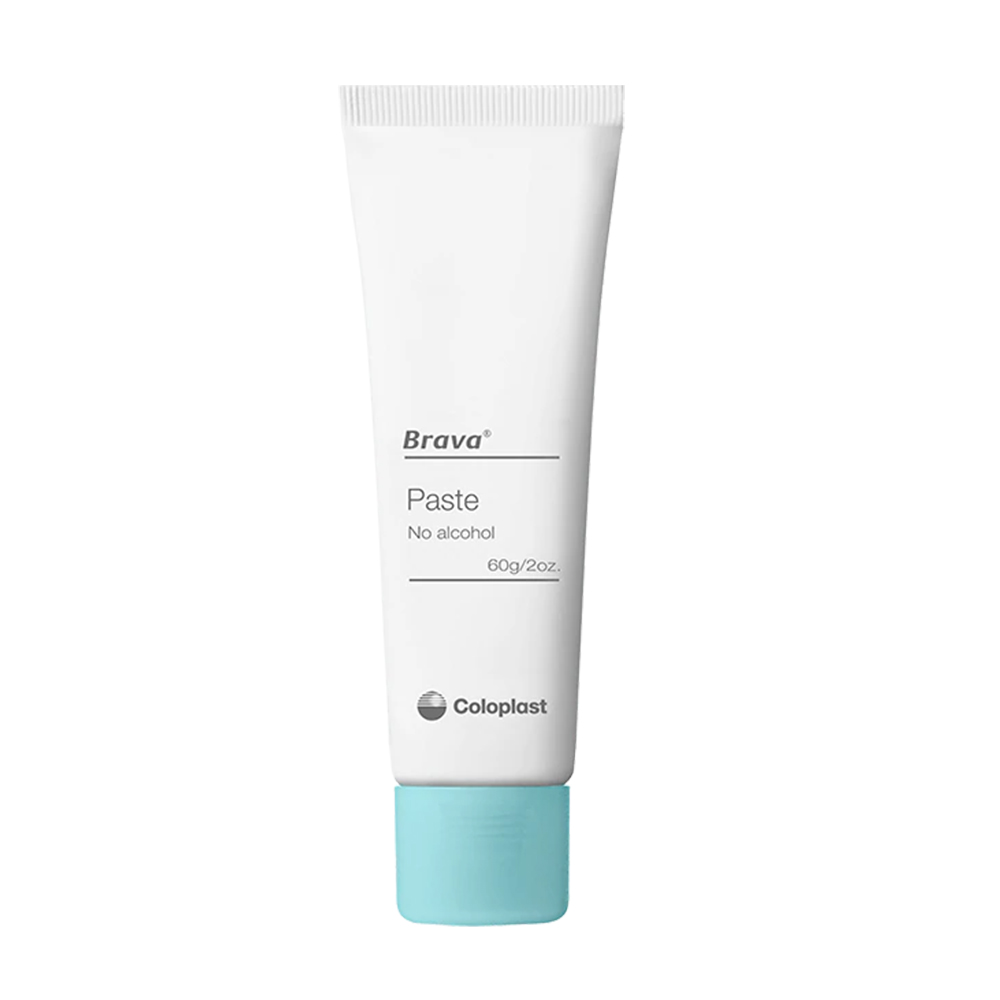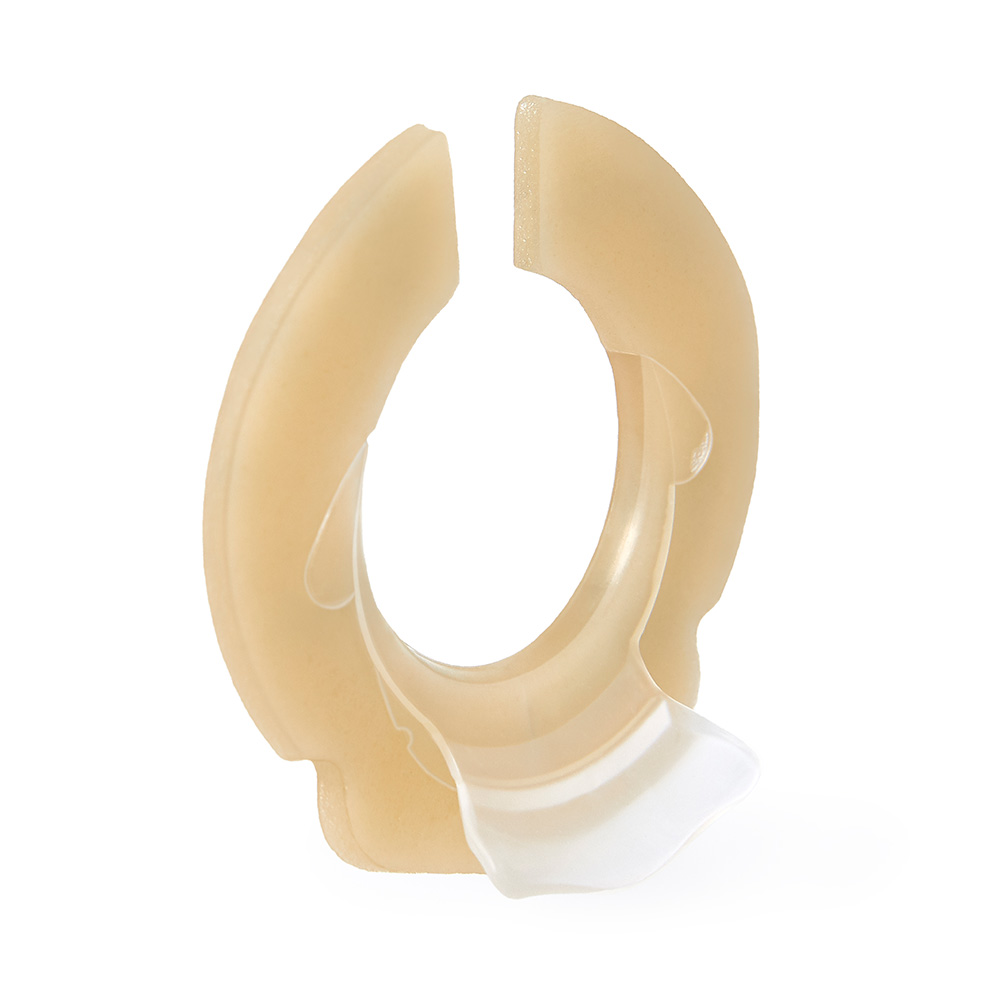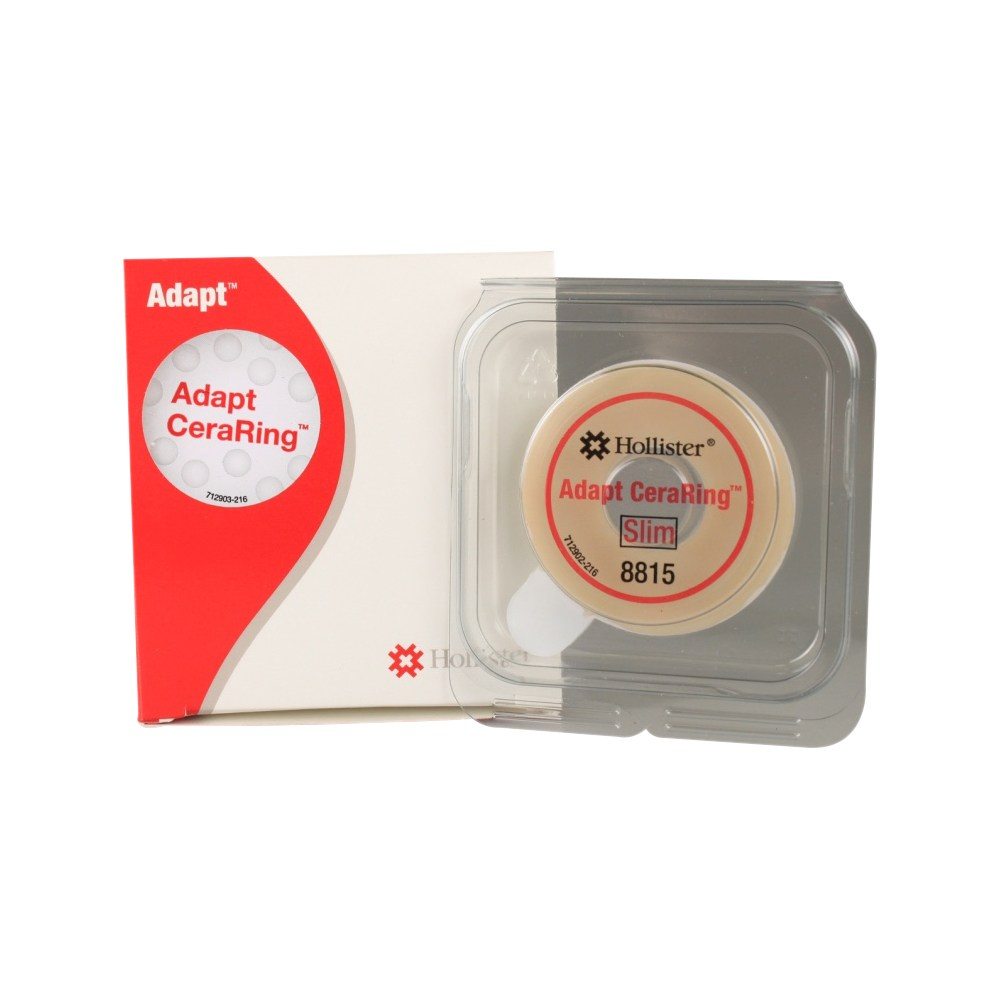
Brava Protective Seal
Utilizing a new polymer solution, the Brava® Protective Seal is designed to create a protective layer between the stoma and the barrier plate. This seal

Peristomal skin breakdown is a common complication associated with surgical stomas. It is characterized by skin irritation, redness, inflammation, and even ulceration around the stoma. The skin around the stoma is called peristomal skin, and it must be dry and intact for an ostomy pouching system to adhere properly.
Peristomal skin breakdown can occur due to various factors, including mechanical trauma, chemical irritation, infection, and allergic reactions. The most common cause of peristomal skin breakdown is leakage of stool or urine from the ostomy pouching system, which can irritate the skin and cause inflammation and ulceration.
Peristomal skin breakdown can have a significant impact on the quality of life of individuals with ostomies. It can cause discomfort, pain, and embarrassment, and it can also lead to infection and other complications if left untreated.
There are several factors that can contribute to peristomal skin breakdown, including physical, chemical, and biological factors:
Physical Factors: Pressure, friction, and trauma can cause peristomal skin breakdown. This can occur due to poor-fitting ostomy appliances, which can cause rubbing and irritation of the skin. Activities that involve bending, stretching, or twisting can put pressure on the stoma and cause damage to the surrounding skin (source).
Chemical Factors: Exposure to irritants and allergens can contribute to peristomal skin breakdown. This can occur due to the use of harsh soaps, adhesive removers, or other products that come into contact with the skin. Some people may be allergic to the materials used in their ostomy appliances, which can cause an allergic reaction and lead to skin irritation and breakdown.
Biological Factors: Infection and inflammation can also contribute to peristomal skin breakdown. This can occur due to the presence of bacteria or other microorganisms on the skin, which can cause infection and inflammation. Skin conditions such as psoriasis and eczema can also contribute to peristomal skin breakdown by weakening the skin’s barrier and making it more susceptible to damage.
The following are some of the common signs of peristomal skin breakdown:
It is important to note that the signs of peristomal skin breakdown can vary from person to person, and some individuals may not experience any symptoms at all. If you suspect that you have peristomal skin breakdown, it is important to seek advice from a healthcare professional.
Preventing peristomal skin breakdown is crucial for ostomates to maintain their quality of life. Here are some prevention strategies that can help:
Proper Stoma Care: The stoma should be cleaned regularly with warm water and a mild soap without added lotions or creams. The opening in the skin barrier should fit snugly around the stoma to prevent effluent from seeping onto the skin. Ostomates should change their pouching system when needed to ensure a secure seal and prevent leakage.
Use of Barrier Products: Skin barrier wipes or sprays can help protect the skin from effluent and prevent skin breakdown. These products create a protective layer between the skin and the pouching system, reducing the risk of irritation and inflammation. It is important to choose barrier products that are compatible with the skin and the pouching system being used.
Other Prevention Strategies: This includes various strategies such as:
Barrier Creams: Topical treatments such as barrier creams and films are applied directly to the affected area of the skin. These products create a protective barrier between the skin and the ostomy appliance, preventing further irritation and damage. Barrier creams and films can also help to soothe the skin and promote healing.
Ostomy Powders and Pastes: Products like stoma powder and paste can be used to fill in any gaps or creases around the stoma, creating a smooth surface for the ostomy appliance to adhere to. This can help to prevent leaks and further skin irritation.
Overall, the best treatment option for peristomal skin breakdown will depend on the underlying cause of the condition. It is important to consult with a healthcare professional to determine the most appropriate course of treatment

Utilizing a new polymer solution, the Brava® Protective Seal is designed to create a protective layer between the stoma and the barrier plate. This seal

The new alcohol-free and durable Brava Paste can help reduce leakage by filling creases and folds in the skin, thereby maintaining a tight fit between

The Ostoform Seal ensures that stoma output flows away from your skin, keeping it safe, healthy and comfortable.
HOW IT WORKS
• Moldable split hydrocolloid ring can

Adapt CeraRing barrier rings are infused with ceramide. Ceramides help maintain the skin’s natural moisture barrier, preventing water loss that may lead to dryness or

